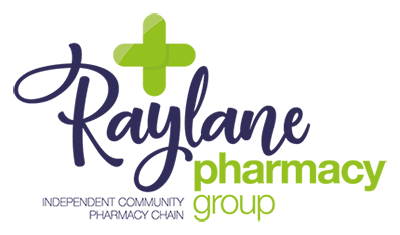
Common symptoms of a C. diff infection include:
C. diff bacteria usually live harmlessly in your bowel along with lots of other types of bacteria.
But sometimes when you take antibiotics, the balance of bacteria in your bowel can change, causing an infection.
When someone has a C. diff infection, it can spread to other people very easily if the bacteria found in the person's poo get onto objects and surfaces.
You're more likely to get a C. diff infection if:
You can call 111 or get help from 111 online.
If a doctor thinks you have a C. diff infection, they may ask for a sample of your poo to be tested.
The infection can sometimes be treated at home, or you might need to go into hospital. This is because C. diff infections can sometimes lead to more serious problems like sepsis.
C. diff infections are treated by:
You'll also be given advice about how to avoid dehydration, such as making sure you drink plenty of water.
Your symptoms should improve a few days after starting the new course of antibiotics. But it may be 1 to 2 weeks before the infection clears up completely.
Go back to see the GP if your symptoms get worse, you feel very unwell after starting the antibiotics, or your symptoms come back afterwards.
If your symptoms return, or you become very unwell, treatment may need to be repeated or you may need treatment in hospital.
If the C. diff infection comes back 2 or more times, you may be offered a faecal microbiota transplant. This is where bacteria from a healthy person's poo is put into your gut to help stop the infection.
Carry on taking antibiotics prescribed for C. diff until you've finished all your tablets, capsules or liquid, even if you feel better. If you stop your treatment early, your symptoms could come back.
C. diff infections can spread very easily. There are some things you can do to reduce the risk of passing it on to others.
stay at home until at least 48 hours after your diarrhoea stops
wash your hands regularly using soap and water
clean the toilet and area around it with disinfectant after each use
wash clothes and sheets with poo on separately from other washing at the highest possible temperature
do not share towels and flannels
do not take medicine to stop diarrhoea like loperamide (Imodium) because it can prevent the infection being cleared from your body
do not use hand sanitizer as this does not kill or remove C. diff